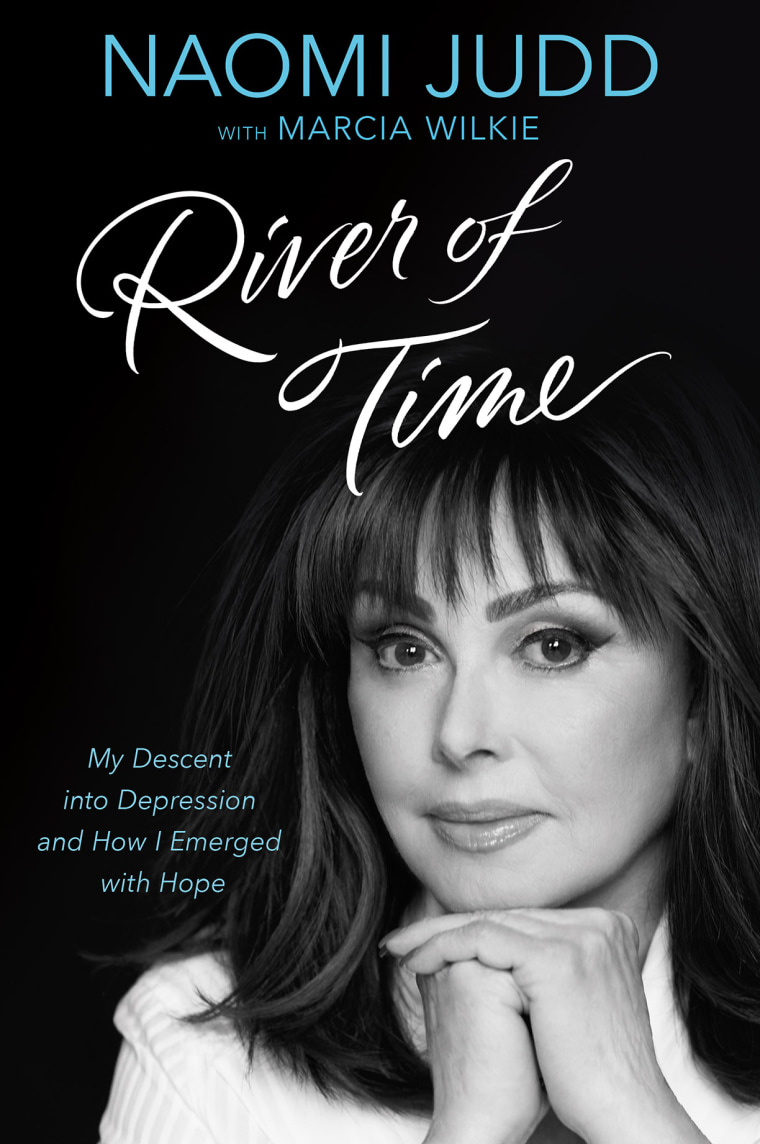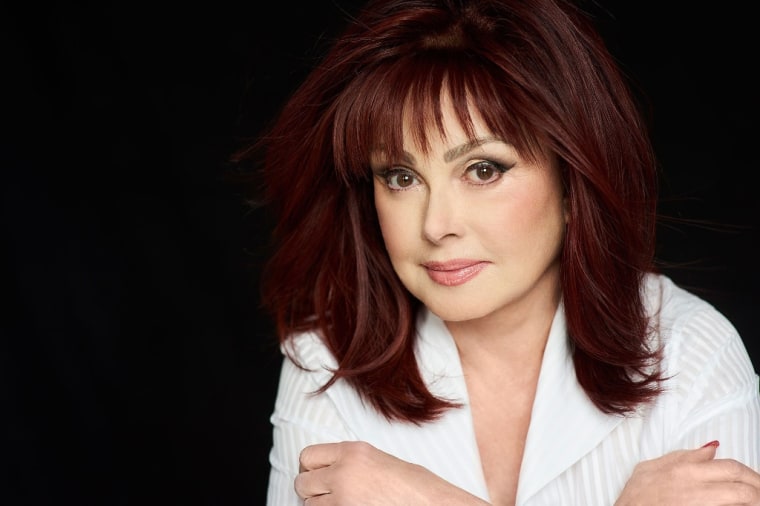Depression is a disease of the brain, just like heart disease is a disease of the heart and diabetes is a disease of the pancreas. My brain simply doesn't make any of the happy chemicals it’s supposed to, and I have to use medication to give me a chance to have a life.
I used say to myself, looking in the mirror, "I'm Naomi freaking Judd. I got this." I even wrote it out and taped it there. But when the problem is your brain, when the problem involves the way that you're thinking and the way you're living every day of your life, you can't pull that off anymore.
My life had been traumatic: I'd gone without any support, financial or emotional when I was younger, and I never had anybody that was watching out for me or being my mentor. I never dealt with all the stuff that happened to me, so it came out sideways, as depression and anxiety. Depression is partly genetic, and I have it on both sides of my family.
One of the aspects of my depression is that I was inert: I didn't get off my couch for about two years. There were days that I wouldn't brush my teeth; there were days that I wouldn't eat much. My girlfriends knew something was going on and would beg me to come out with them. They would talk me into going to lunch, or getting our nails done, or whatever, and then they'd come to get me, and I would lock the door and hide behind the curtains.
That’s when they knew I was in deep you-know-what, because that was so uncharacteristic of me. But they didn't know what to do or say to me, because I'm the person who they come to when they have a problem.
My husband, Larry, knew that I had very severe depression, and he was beyond devastated. Finally, he said, "I've got to get you some professional help, because I don't know what the heck to do.”

First, I found a psychiatrist nearby in Nashville, but the guy was clueless about how to help me. He had me on just about every psychiatric drug that they make and, though you're supposed to wait three weeks for them to work, he didn't ever wait three weeks. So I wasn't getting any consistent medication, really, while he was treating me.
And all this sort of piled up, so at some point Larry called my daughter, Ashley — she lives in an adjacent farm — and they came to me at 1:00 in the morning, called 911, and said, "We're getting you into treatment."
That's how I eventually met Dr. Jerrold Rosenbaum at Massachusetts General Hospital. I had to go into serious treatment, and it was a long road — an incredibly painful road. There were times when I didn't think I was going to make it.
My family — Ashley, Wynonna and Larry — were just beside themselves. When you see somebody you love who is suffering so deeply, and there's nothing you can do, it's almost as hard on you as it is on the person suffering, especially when you love each other as much as the four of us love each other.
Ashley is so grounded, so she was more administrative. She was on the phone booking flights, telling me, "OK, Mom. This is what we're going to do now. This is what we're going to do next. I'm going to be with you." Wy is more emotional: She would come over and get in bed with me, and just hug me, and hold on to me. And Larry is so constant; he was always there for me. If I was somewhere in treatment, he would get the closest motel, and be there with me every visiting hour.
So I think the first thing, if you’re suffering from depression, is to go people that you trust. It helps if they've known you a long time, because they can see that there's a pattern. You have to raise your hand and say, "I'm in deep you-know-what." Then you have to find a reputable doctor in your area —you can call nurses (I was an ICU nurse before I started singing) because we tend to know who the good ones are.
These days I’m working with the National Alliance for the Mentally Ill and the Vanderbilt Psychiatric Hospital to try to reduce stigma and get the word out about treatment for mental illness. So I know now that there are almost 44 million people in America that experience mental illness in a given year.
It's staggering how many people that is — 44 million. If you've got a pulse, then you're fighting some battle, whether it's a diagnosis of depression, like 16 million people, or one of anxiety, like 42 million people, or something else. And there's power in numbers: it means that there are other people. You're not alone.
As told to THINK editor Megan Carpentier, edited and condensed for clarity.

